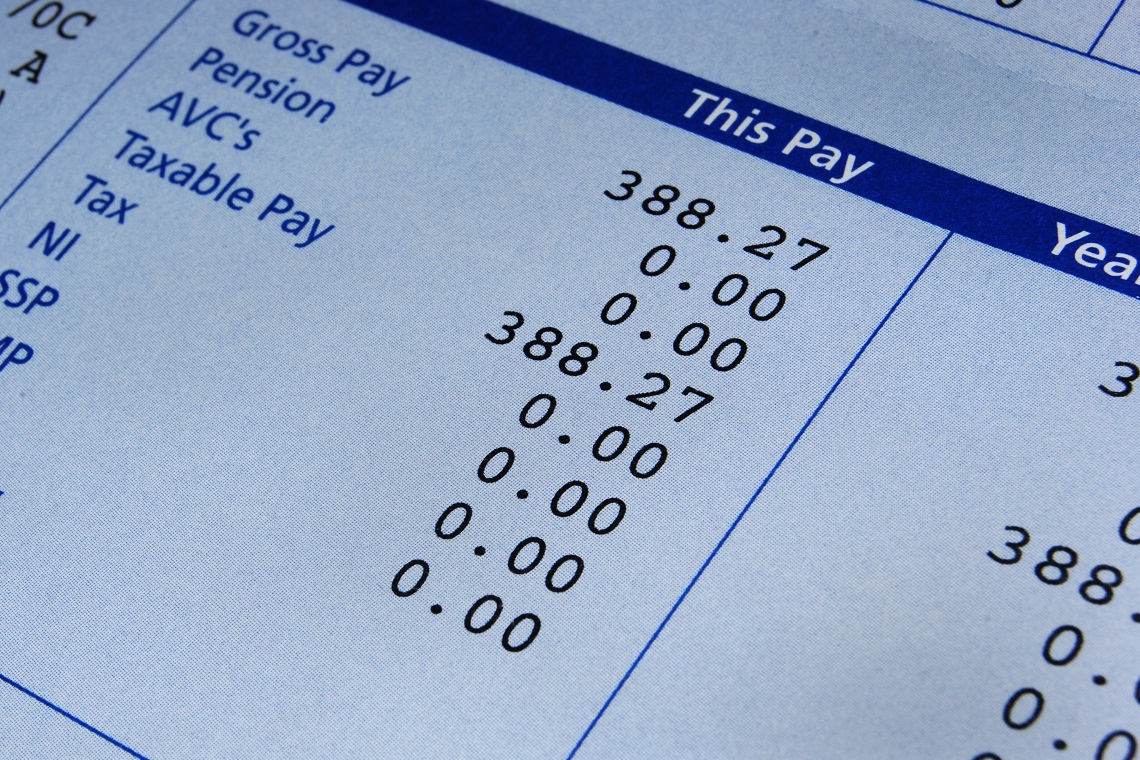The decision by the Fair Work Commission (FWC) to defer the 1.75 per cent annual wage increase for hospitality staff as a result of the economic impact of the lockdown has been welcomed by industry associations.
Stephen Ferguson, the Australian Hotels Association’s National CEO, commended the FWC’s Minimum Wage Panel for its support of Australia’s hospitality, accommodation and tourism sector during this difficult period.
“Through our representatives, the AHA and its subsidiary Tourism Accommodation Australia argued for a deferral of any annual wage increase to help provide additional support to businesses who are only just beginning to reopen after extended COVID-19 restrictions,” Ferguson said.
“The reprieve offered by the Commission today will provide hospitality businesses with the extra breathing room they need as the industry seeks to recover from months of zero revenue.
“As an association we remain firmly focused on ensuring that the JobKeeper Payment scheme is extended for Australia’s hospitality industry.
“This extension is absolutely essential – failure to do so will result in the loss of many jobs across our sector and we will also see a significant reduction in hours for remaining employees.
“Today’s decision by the Commission is a very welcome one, however it will do little for the employees that are forced out of a job if JobKeeper is ended for our industry in September.”
Restaurant & Catering Australia (R&CA) CEO Wes Lambert also welcomed the deferral, but expressed its disappointment that the panel had gone ahead with a wage increase of any kind.
“R&CA argued strongly for a wage freeze for the entirety of the 2020-21 financial year to ensure businesses had every chance to survive this crisis and [this] decision is a mixed bag for our members,” Lambert said.
“It is unfathomable that at a time when more than 800,000 people are out of work that you would want to increase businesses costs anywhere in the economy at all during the 2020-21 financial year.”
“This delay, unique to Group 3 Awards, means one thing to the tens of thousands of businesses and workers in the restaurant café, and catering sector – businesses will have some certainty in uncertain times relating to their wage costs as the country recovers from the COVID-19 crisis.
“The COVID-19 crisis has already forced the permanent closure of as high as 1 in 10 business in our sector, and this decision will only delay pushing these vulnerable businesses further to the edge. Reports today suggest that spending on food and beverages is down 31 percent compared to January 2020.”
In handing down its decision over the wage increase, the FWC said: “In our view awarding an increase of the magnitude proposed by the ACTU (and ACBC and the Victorian Government) in the present economic circumstances, would pose a real risk of disemployment and of adversely affecting the employment opportunities of low-skilled and young workers.
“We acknowledge that any increase we award which is less than increases in prices and living costs would amount to a real wage cut. Such an outcome would mean that many award-reliant employees, particularly low-paid employees, would be less able to meet their needs. For some households such an outcome would lead to further disadvantage and may place them at greater risk of moving into poverty…
“We have decided to award a substantially lower increase this year than that awarded last year due to the marked change in the economic environment and the tax-transfer system and other changes which have taken effect in the current Review period which have benefitted low-paid households. The increases we have awarded are likely to maintain the real value of the wages of NMW and award-reliant employees.”
The FWC ruled that the wage increase will come in at different dates for three different groups of business. Group One covers industries and sectors “less affected by the pandemic and, in addition, includes modern awards applying to frontline health care and social assistance workers, teachers and childcare workers and employees engaged in other essential services”.
Group Two covers “industry sectors adversely impacted by the pandemic, but not to the same extent as the sectors covered by the Group Three awards”.
And Group Three covers “the industry sectors which have been most adversely affected by the pandemic”. There are 27 pay awards included in Group Three, including Fast Food Industry Award 2010, General Retail Industry Award 2010, Hospitality Industry (General) Award 2020, Registered and Licensed Clubs Award 2010, Restaurant Industry Award 2020 and Wine Industry Award 2010.

